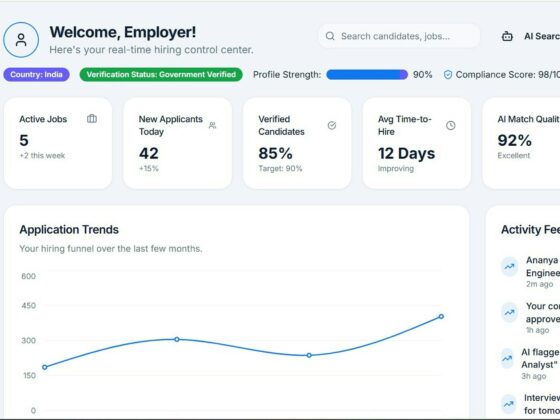
For years, revenue managers’ day-to-day was mostly taken up by spreadsheets, formulas, and mental arithmetic in the mission of finding the right price. The main criteria for the job were the ability to wrangle an Excel and speak fluent pivot table. But times and tech have changed, and the role of the revenue manager is adapting too.
Today, AI and machine learning handle much of the heavy lifting. Pricing algorithms can adjust rates to market shifts in real time, software updates those rates instantly, and dashboards serve up insights faster than any caffeine-fueled analyst ever could. But revenue managers are still vital to success—their role is just adapting.
Nowadays, the role of revenue managers lies in guiding strategy and shepherding the pricing models generated by their technology into daily revenue decisions—aligning it with brand goals, communicating the plan to owners, and keeping everyone calm when forecasts shift. Suddenly, you’re talking soft skills as well as technical know-how: persuasion, storytelling with data, negotiation, and cross-functional leadership.
As AI automates more day to day tasks that once occupied the day of a revenue manager, the human edge in revenue management is moving decisively toward the interpersonal, strategic and creative. This means that the winners won’t be the teams with the most expensive technology, they’ll be the people who can translate, challenge, and champion AI-driven insights inside their organizations.
From Model to Reality: The Missing Link is Human
Of course, building a great pricing strategy still requires math, data, and great software. But none of that matters if your team can’t translate pricing model outputs into decisions that people understand and support.
Getting buy-in from your team, management, and owners requires top-notch people skills: active listening, expectation setting, and change management. You’ll need to back every decision up with data, for sure, but how you present, discuss, and communicate with stakeholders is the part that the machine learning can’t do: the human connection. That could mean presenting reports or plans to other team members and helping them to understand the impact of revenue management on their department and the business as a whole. It could also mean calling out the stats that will keep an owner on board, showing them that their property is outperforming competitors, and resetting their expectations to a reasonable level.
Soft Skills Shield Companies from “Auto-Pilot” Overconfidence
Make no mistake, automation is amazing. Well-designed tools can make your life infinitely easier, saving time, boosting revenue, and even doing some tasks better than humans. But they’re missing the context, local knowledge, and empathy that only real people can bring.
Revenue leaders need to not just blindly accept but sometimes challenge technology. It’s about being the steward of your strategy, and asking the questions that AI won’t think to ask. Automation might be able to respond quickly to a new event confirmation by changing rates or availability, but it won’t ask the more difficult questions like “Does this fit with our brand promise?” and “Will making an exception for this guest benefit our reputation?”
Leaving all the decisions to autopilot might sound easy–even tempting–but it can sometimes create more problems than it solves
The Questions You Should Be Asking
Before taking on a new tool–and even once it’s live–there are questions every revenue manager should ask themselves.
- Is our data clean enough for a pricing model to work?
- How will my team validate or override the model — and who owns that decision?
- How is customer-facing teams’ feedback looped back into the model?
- What systems ensure we don’t forget to verify our technology?
These aren’t questions that AI can answer for you. These require leadership.
Interpreting the Data Rather than Overriding it
We’re not pretending the traditional skills of a revenue manager don’t matter. But as AI and machine learning picks up the heavy lifting of data science, the role of the revenue manager is changing. Anyone can pay for a great pricing tool, but how they implement it can make or break their pricing strategy. The best revenue management teams are those with the clearest strategy, strongest communication, and sharpest judgment.
In other words: the rarest and most valuable asset in the age of AI is a team member who can leverage machine intelligence alongside human wisdom—and bring the whole organization with them.
So, the next time someone asks what makes a great revenue manager, don’t start with Excel proficiency. Start with empathy, curiosity, and a healthy dose of “Wait, does this make sense?” These are the human skills that will differentiate businesses in the age of AI.








